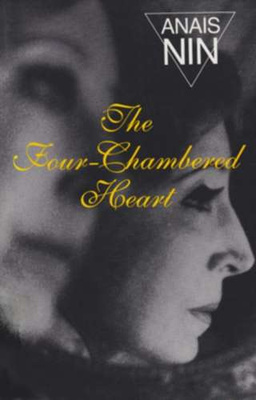The Four-Chambered Heart: Nin's Continuous Novel
- The Four-Chambered Heart, Anaïs Nin's 1950 novel, recounts the real-life affair she conducted with café guitarist Gonzalo Moré in 1936.
Do you need help? Do you have any questions?Ask a question and we'll respond promptly, publishing the most interesting questions and answers for others. 
